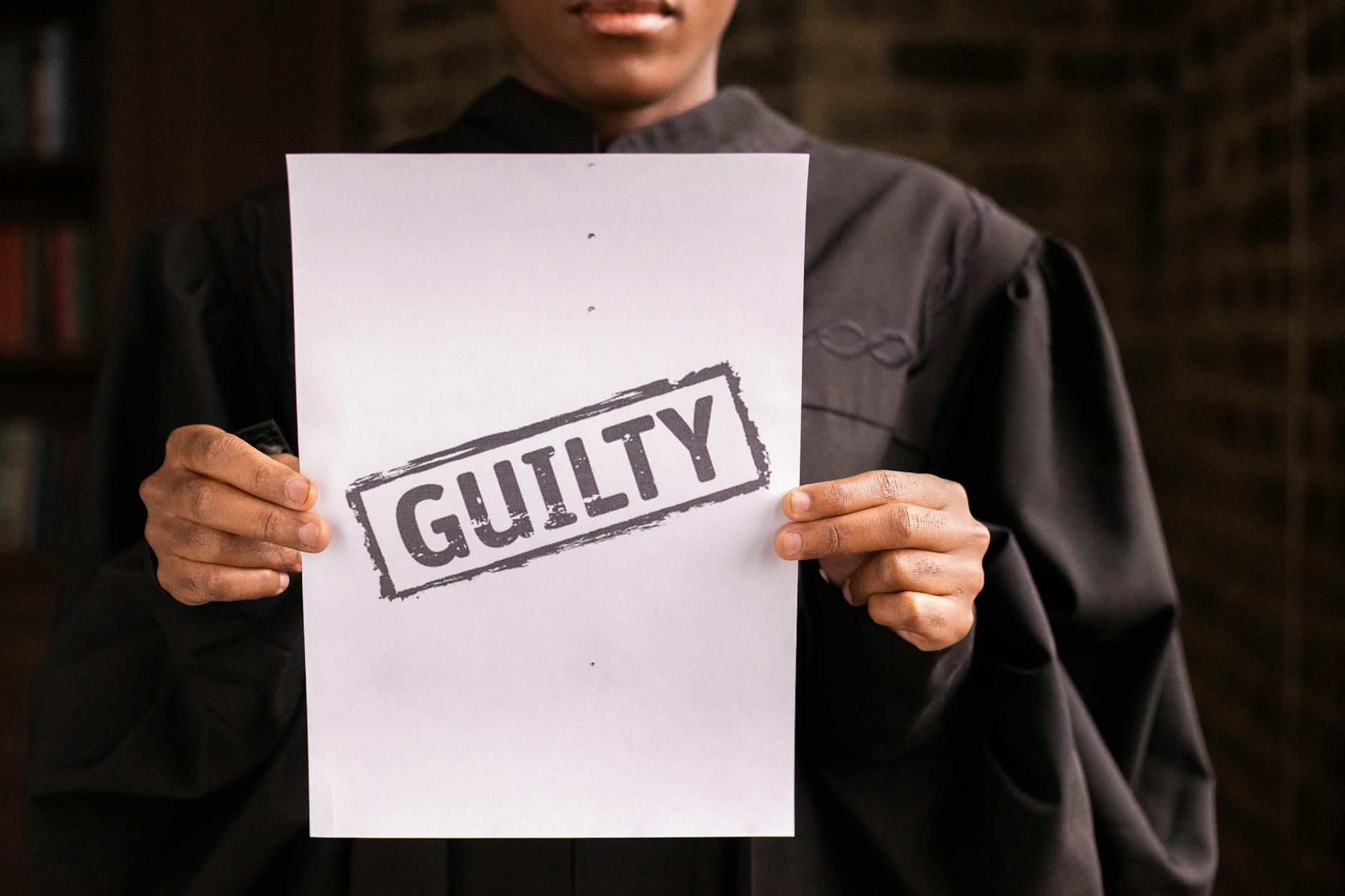
On November 15, 2019 at approximately 3 o’clock in the morning, state police stopped Juan Hernandez for allegedly speeding in Southbridge, Massachusetts.
The trooper claimed that smoke came out of Juan’s window as he approached the car. Additionally, the trooper noticed an “overpowering smell of freshly burnt marijuana.”
Juan supposedly told the trooper that he had smoked “a blunt about five minutes earlier.” Juan’s eyes were bloodshot and his speech was slurred, according to the trooper.
He was placed under arrest and charged with operating under the influence of drugs (“OUI drugs”).
He ultimately decided to settle the case at a bench trial in Dudley District Court.
Prior to trial, the judge conducted a colloquy with Juan to confirm that his jury waiver was “knowing and voluntary.” Concluding that it was, the matter proceeded to trial.
The trooper testified, among other things, that Juan’s speech was slurred at the time of his arrest.
The judge convicted Juan. After finding Juan guilty of OUI drugs, the judge stated
I’m satisfied [the defendant] was impaired. . . . [I]t’s clear to me that one of the causes was the marijuana of his inability to perform and the slurring. I mean, I did a colloquy with him today. There was no slurring. I had no problem understanding him, you know. So, you know, there was this slurring.
Juan appealed arguing that the judge should not have used observations made during the pretrial colloquy to make conclusions about Juan’s guilt.
The Appeals Court affirmed the judge’s ruling. According to the justices,
it is unclear whether the judge’s comment was made in connection with his finding of guilt, or whether it was made in connection with sentencing. Assuming that the comment was made in determining the defendant’s guilt, such would be error, but in any event it did not result in a substantial risk of a miscarriage of justice.
There was no miscarriage of justice because the weight of the evidence against Juan was strong, regardless of the “slurred speech” evidence.
The full opinion is attached below.